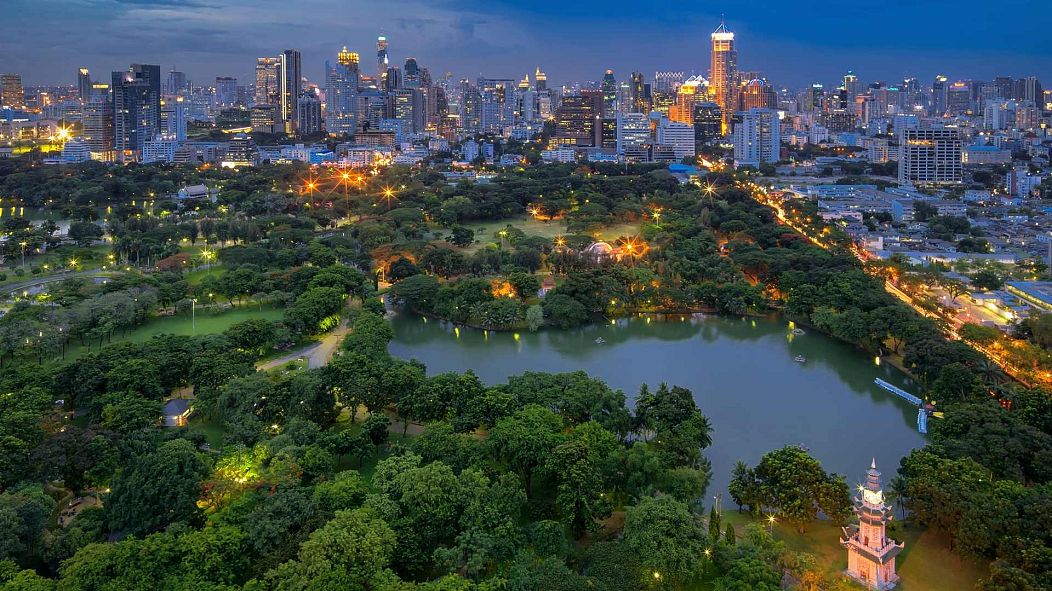Demand for urban green spaces has gone up ever since lockdown began.
Over the course of the pandemic, people have started to realise just how important green spaces are in cities.
 ADVERTISEMENT
ADVERTISEMENT
 ADVERTISEMENT
ADVERTISEMENT
A survey of more than 2,000 people for the countryside charity CPRE and the National Federation of Women’s Institutes (WI) found just over a third of people were visiting local green space more often since lockdown began.
With parks and forests packed once restrictions were lifted, 63 per cent of people said that protecting and enhancing these pockets of nature should be a priority in future.
“Our countryside and local green spaces are facing mounting pressure but the coronavirus pandemic has reminded us why the countryside next door, including our Green Belts, is so important to ordinary people,” says CPRE chief executive Crispin Truman.
“More people are aware of the health and wellbeing benefits that access to green spaces delivers and support for protecting and enhancing these after lockdown is impossible for the government to ignore.”
Greening our urban spaces could help make us more healthy overall, particularly when it comes to tree planting in more densely populated areas. A recent study done in Philadelphia, US, looked at a plan put in place to increase tree coverage across the city to 30 per cent by 2025.
It measured preventable deaths from lack of physical activity, air pollution, noise, heat, and exposure to green spaces, to look at the effect trees have on our wellbeing. Increasing tree coverage in cities, “by 30 percent in all neighbourhoods could prevent 400 deaths annually”, with particularly good outcomes for areas with lower socioeconomic status, the study found.
“In recent weeks, as residents of many cities experienced quarantine conditions, we experienced a heightened need for public green space,” states lead researcher, Michelle Kondo.
She highlights that while it is still important to pay attention to social distancing recommendations, time outside in parks and forests is “critical to maintaining our mental and physical health.”
Rising demand for gardens
It’s not just public spaces that we have gained a newfound appreciation of either. Renters in the UK are increasingly looking for homes with their own gardens, after being isolated in lockdown for so long.
Rental app, Movebubble, has seen searches for properties with gardens grow by 193 per cent compared to the week before lockdown. Even properties with less traditional outdoor spaces like terraces have been receiving more interest in the last couple of weeks.
“Our research has shown us that one in three British renters now plan on making dramatic changes when things return to something close to normal,” says Movebubble CEO, Aidan Rushby.
He explains that, where in the past people may have forgone outdoor space in favour of a larger kitchen, now the opposite trend is beginning to emerge. “Since lockdown came into effect, not only have we seen behaviour rapidly adapting to Home Walkthrough video viewing - but we can also see a pattern of desires coming to light in the search for a new home.”
Movebubble has also seen an increase in people searching for homes with bike storage.
With an alternative transport revolution brewing, the amount of people looking for a cubby hole to stash their bicycle was up 1500 per cent.
“The shock of coronavirus sweeping the globe has forced us into a total re-evaluation of our lives,” the CEO concludes.











